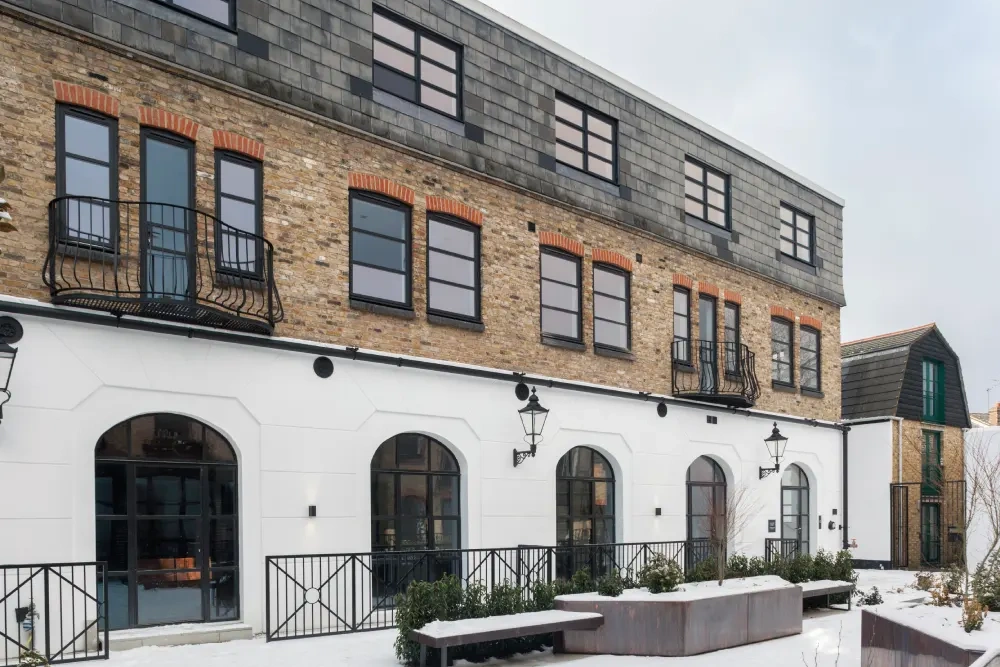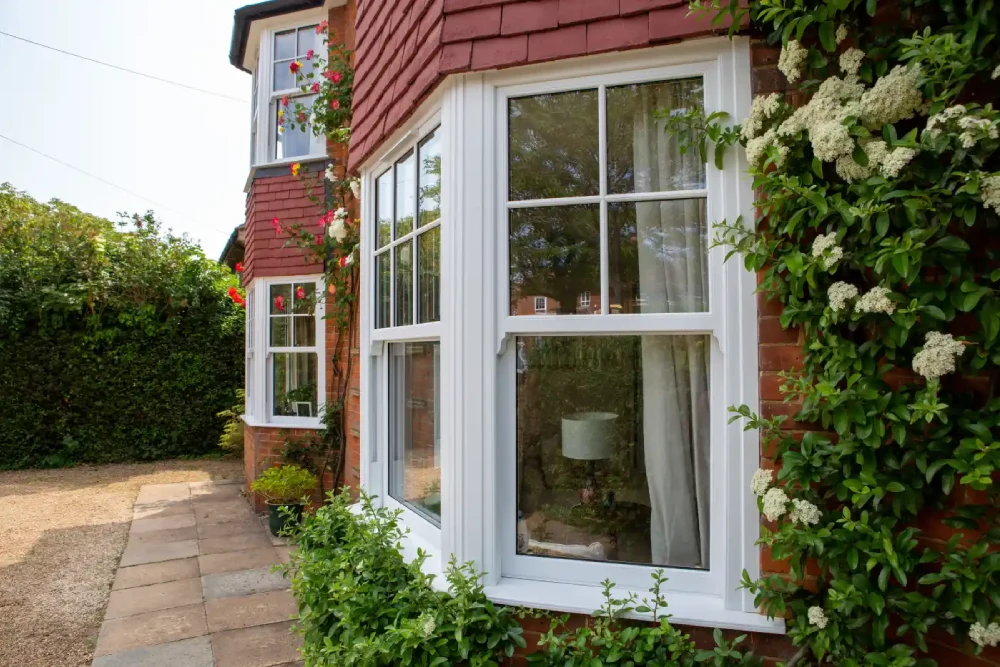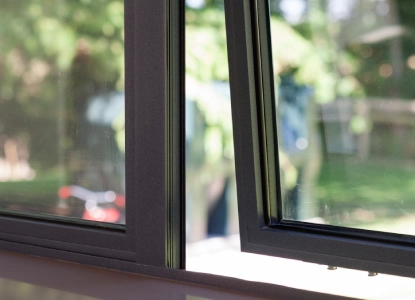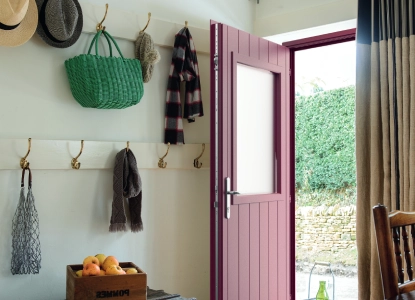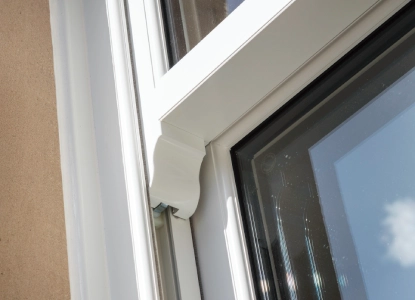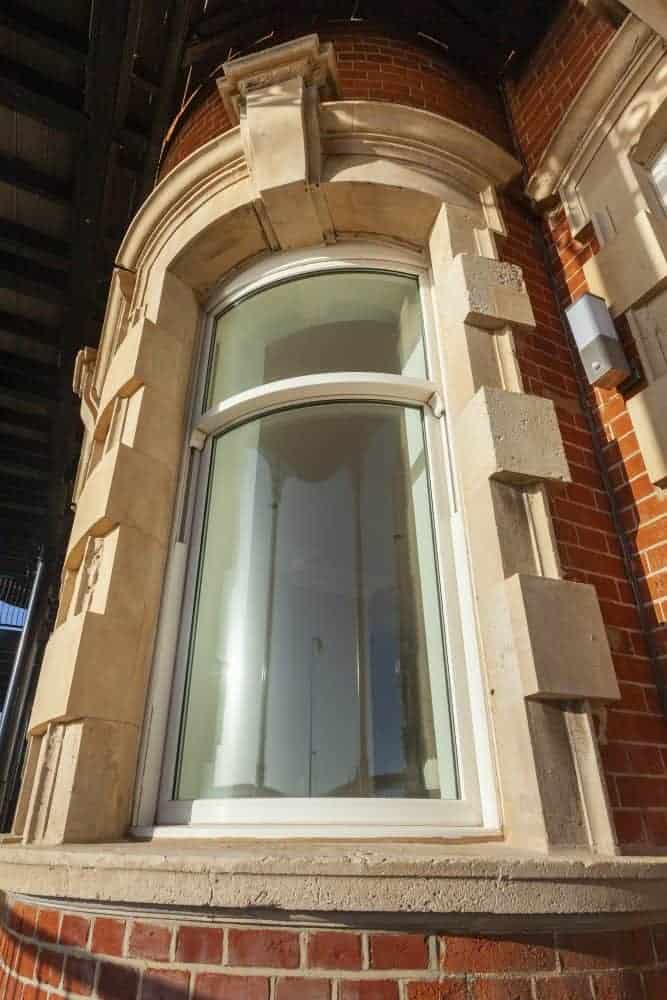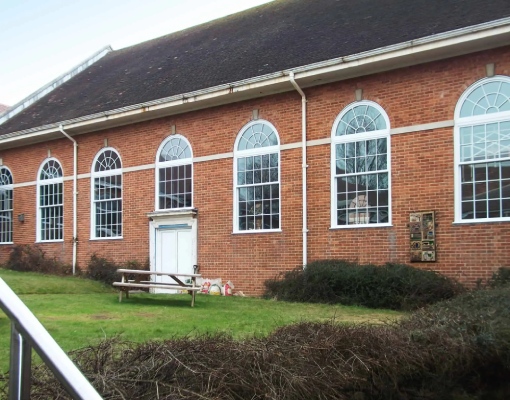5 Tips for Reducing your
Energy Bills this Autumn
Things change fast. For those of us who have spent large parts of the summer worrying about the levels of heat and the scarcity of the rain, it hardly seems possible that just a couple of months later we are faced with the kind of winter we have ahead of us. But here we are, and with October looming over our collective consciousness, when a typical household will need to find an average of £3,549 a year to cover their energy bills – capped at £2,500 for 2 years via the Energy Price Guarantee, but still – every little saving we can make now will pay dividends once the increase begins to take hold. Fortunately, there is plenty we can do to make a difference, most of which can be applied without too much of an adjustment to our lives or investment of the very thing that we are trying to look after: our money. Here, we will take a quick look at 5 things you can do today to mitigate some of the pressures of the colder seasons ahead.
Plug the Leak: Windows and Doors
All homes lose heat; finding the spots most susceptible to this fact should therefore be fairly high on the priority list when it comes to thinking about reducing the load of our energy bills. Obviously, each house is different, but there are useful rules of thumb to bear in mind if an investment is something your considering.
As a rough guide to the average household’s insulation performance, it is said that:
- 35% of its heat is lost through the walls
- 25% is lost through the roof
- 15% escapes through the doors, the same goes for the floor
- 10% goes through the windows
So, with those numbers it is easy to see where any home might benefit from an investment. The most effective ways to increase insulation are fairly clear, but they happen to be by far the most expensive areas of concern, too (let alone the most disruptive). This is why an upgrade to windows and doors is so commonly recommended: the same efficacy as re-insulating your roof, but at a fraction of the cost and inconvenience.
At Mercury Glazing, we can vouch for the difference of using thermally retentive materials in doors and windows. With 20 years of experience, we have all the ins and outs (excuse the pun) of bringing any home into the 21st century and reducing those future heating bills.
Thermostat: £80 at the Turn of a Dial
According to a recent Uswitch study, almost 2/3 of UK households (around 17 million homes) set their thermostat at 20°C and 10% have it at 25°C or above – at the time of writing, warmer than it is in Rome or Barcelona. The Committee on Climate Change recommends a setting of 19°C for heating homes; Uswitch has revealed that if the 17.7 million households who currently set their thermostats at 20°C were to reduce their heating by just that single degree, it would amount to a saving of £80 a year per dwelling, a combined annual saving of £1.4 billion.
Vanquishing the Energy Vampires
Radiators
Just like the circulatory system of the human body, radiators are a vital part of keeping a home warm and costly when they don’t work to their capacity. Luckily, checking to see that they’re working properly is as simple as putting your hand on them and diagnosing the problem is often not much more complicated.
Begin by turning the heating on and having all the radiators running hot. Once the system has had long enough to reach temperature, go from room to room and check that every radiator has warmed up evenly. If every part of each is hot – from top to bottom – then they are working as they should; if there are any cold spots then you have issues. Where these cold spots are located will often give a clue as to the nature of the problem. Here’s a quick run through of the things to look out for:
- Radiator has cold pockets along the top but is otherwise warm: air pockets can build in the system, meaning the water inside the radiator can’t evenly heat up the unit. Air pockets rise in water, so the cold spots will be located at the top of the radiator. Bleeding the system should solve the problem.
- Radiator is hot at the top but cold at the bottom: sediment deposits can build up over time and find their way into radiators, where it tends to settle to form a sludge-like barrier to the circulation of water in the system. Radiators will need to be flushed to bring them back to full functionality.
- Radiators are warm upstairs but cold downstairs: extended periods of being switched off can cause problems with your central heating pump. Commonly an issue after the warmer summer months. Sometimes, simply tapping the pump gently with a mallet or hammer can kick-start it, otherwise a qualified engineer will know what’s needed.
- Radiators are warm downstairs but cold upstairs: likely a blockage in the ball valve or a lack of water in the feed. Again, qualified assistance would be the best bet here.
Make the Switch
According to research conducted by the government in 2016, based on Ofgem’s ‘typical domestic consumption’ household annual usage, 14 million households could make a saving of at least £200 just by switching to the best deal on the market. With the energy sector’s profits so heavily concentrated on in the news, it would be hard to see that trend changing anytime soon.
Lightening the Load
There’s no getting around the fact that this winter will see a great many changes made by most of us in an effort to reduce the weight of the cost of living crisis we are about to live through. If preparation is the best form of defence, little adjustments now may well make all the difference a little further down the road.
Cliff House, Felixstowe
VIEW PROJECTFoxhill House, Chester
VIEW PROJECTUniversity of Sussex, Brighton
VIEW PROJECTVarndean College, Brighton
VIEW PROJECTFrom sash windows to aluminium bifold doors, our high-quality products are engineered and manufactured right here in Britain. We work with fellow UK-operated companies, Spectus Window Systems, Smart Systems, and Jack Aluminium Systems, to deliver only the very best to our trade, commercial and residential customers.
How much do French doors cost to install in the UK?
The cost of installing French doors in the UK varies depending on the size, material, and design. At Mercury Glazing, we offer competitive pricing tailored to your specific needs. Please contact us for a personalised quote.
How to fit door handles?
Fitting door handles can be a straightforward process. First, measure and mark the position on the door, drill the necessary holes, then attach the handle with screws. For detailed instructions or professional fitting services, feel free to reach out to us.
How to replace patio doors?
Replacing patio doors involves removing the old doors, preparing the opening, and installing the new doors. It's a task best handled by professionals to ensure a perfect fit and functionality.
How much do patio doors cost?
The cost of patio doors varies based on size, material, and design. Contact us at Mercury Glazing for a bespoke quote that matches your specific requirements.
How much are French doors?
The price of French doors depends on the material, size, and design details. We offer a range of options to suit various budgets. Please get in touch for a tailored quote.

